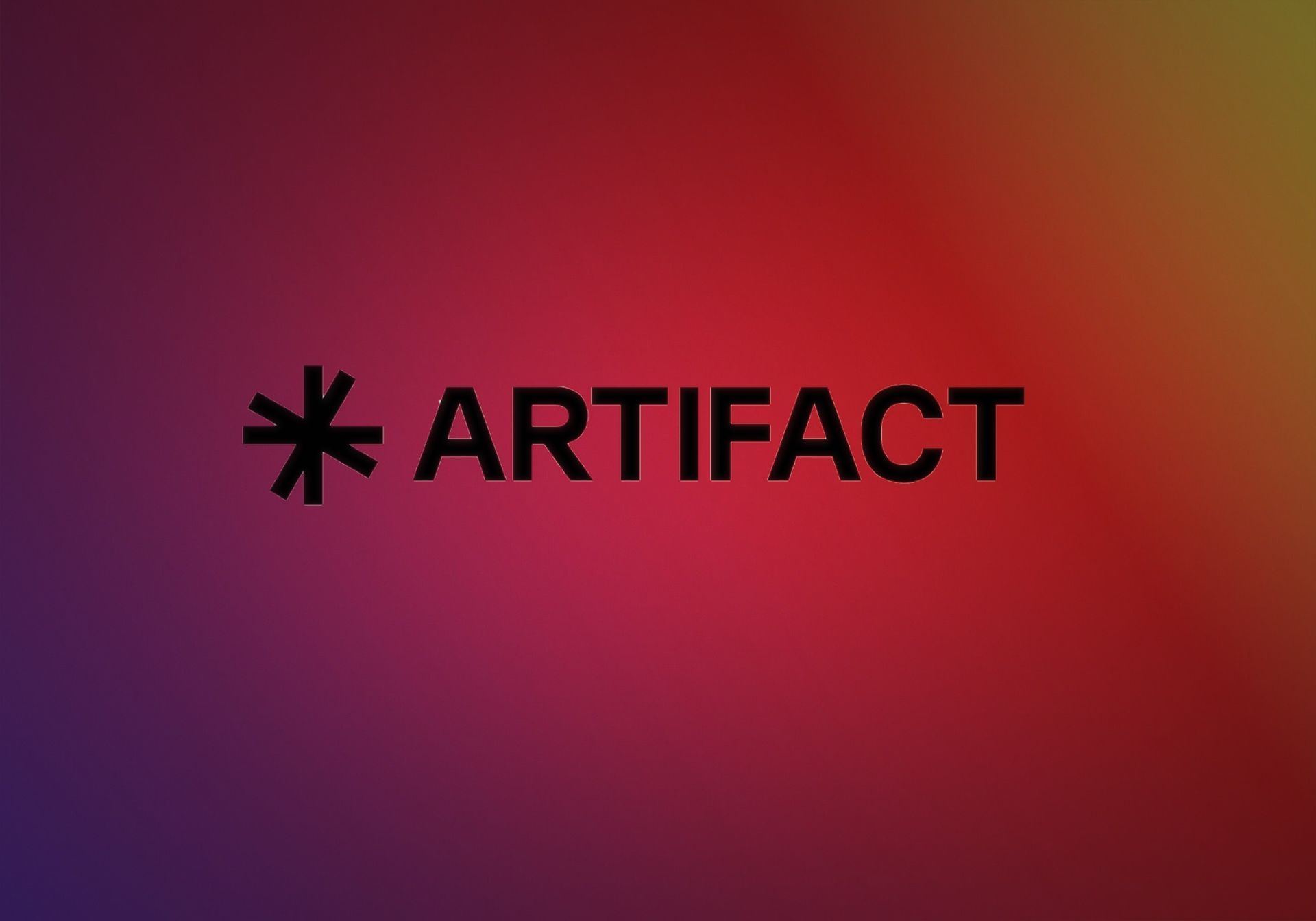Kevin Systrom and Mike Krieger, Instagram founders, have introduced their new social app called Artifact. It’s a personalized news reader that uses machine learning to tailor the experience for each user, while also adding social features that allow users to engage with articles and talk about them with their friends.
The app isn’t available to the public yet, but there is a waitlist where people can sign up. It’s a modern take on the old Google Reader app, which Google shut down in 2013.
What is Artifact?
Artifact will initially show a selection of news stories, which will become more personalized as the user interacts with the app. The articles will come from a mix of well-known and smaller publishers, and will have features such as comment controls, feeds for posts from people you follow, and a direct message inbox for private discussions.

The concept is similar to Twitter’s use case for discussing news and arrives at a time when Twitter users are seeking alternatives due to recent changes and controversies under Elon Musk’s ownership.
The news market is competitive
Artifact faces competition from various other news-reading apps that offer personalization, such as Flipboard, SmartNews, Newsbreak, Pocket, Matter, and Substack. These apps offer a combination of news reading, curated recommendations, and comments. A US version of the successful Chinese app Toutiao, ByteDance, may also be difficult to produce.
The app also goes against the social giant Meta and existing news apps like Apple News and Google News. Despite its potential for polish and differentiation, Artifact may still face challenges in a crowded market where consumers already have access to built-in news apps through platforms like Facebook, Instagram, and WhatsApp.
How to sign up for Artifact beta?
Artifact is currently in its private beta period. On the page, you have to provide your personal phone number to sign up for the waitlist. Once you have selected as a beta tester you will be informed by a text message which will be sent to your phone number.
You may sign-up for the beta program from the link here.

How will Artifact make money?
Artifact, like many startups in its stage, has not decided on a business model yet. Systrom said that advertising is a likely option, and he is also considering revenue-sharing agreements with publishers. If the company becomes successful, it could aid in discovering new publications and encourage subscriptions, leading to the possibility of taking a cut.
Systrom stated that Artifact’s priority is providing high-quality news and information to readers, so the company will only include publishers that uphold quality editorial standards. Although the company won’t reveal all publishers in its system, individual outlets can be searched within the app. Both liberal and conservative publishers are included, such as Fox News. Systrom acknowledges that the company will use its discretion in deciding which publishers to include.
Beta reviews of Artifact are impressive
Casey Newton from The Verge has spoken with the founders of Artifact and had a chance to review the app. Even thought the app is still in beta she said that After using Artifact for a few hours, she observed that many of the planned features are still in the development stage. Despite that, the app exhibits a high level of polish, which is typical of Systrom and Krieger’s work. When reading articles within the app, it suggests similar stories in a visually appealing carousel. The app automatically switches to dark mode at night, and when sharing a link, users can choose to allow everyone to comment, limit comments to only those they follow, or disable comments altogether.
Casey Newton believes that the time is ideal for a product like Artifact, as advancements in AI are enabling new possibilities in consumer apps, and Twitter’s recent struggles under Elon Musk have opened up a chance for a team with expertise in text-based social networking to attempt a new venture.

How can AI implement on news?
Artificial Intelligence (AI) is transforming the way news is created, consumed, and distributed. Here are some ways AI is impacting the news industry:
- News generation: AI algorithms can generate news articles, summaries, and headlines, reducing the time and effort required for journalists
- News personalization: AI algorithms can analyze user data and preferences to provide customized news feeds, making the reading experience more relevant and engaging
- Fact-checking and verification: AI can be used to verify information in real time, reducing the spread of false information and improving the accuracy of news
- Sentiment analysis: AI can be used to analyze public opinions, sentiments, and reactions to the news, helping journalists and media organizations understand their audience
- Video and image analysis: AI can be used to analyze videos and images for news content, making it easier for journalists to uncover new stories and create visually appealing content
- Newsroom automation: AI can automate routine tasks such as transcribing audio, summarizing long articles, and generating reports, freeing up journalists’ time to focus on more important tasks
Overall, AI is changing the face of the news industry, making it faster, more efficient, and more personal.
Are you into AI tech? Check out our other articles on recent AI technologies:
- Shutterstock AI generator
- Tome AI
- Open AI Jukebox
- StarryAI
- Chinchilla AI
- Microsoft VALL-E
- Poised AI
- Caktus AI
- OpenAI Point-E
- Uberduck AI
- QQ Different Dimension Me
- MyHeritage AI Time Machine
- Meta’s Cicero AI
- Notion AI
- Meta Galactica AI
- podcast.ai
- Microsoft Designer
- NovelAI
- Make-A-Video Meta AI
- Wombo Dream
- DreamBooth AI
- Stable Diffusion AI art generator
- DALL-E 2
- Dall-E Mini
- DeepMind AI
- ChatGPT





